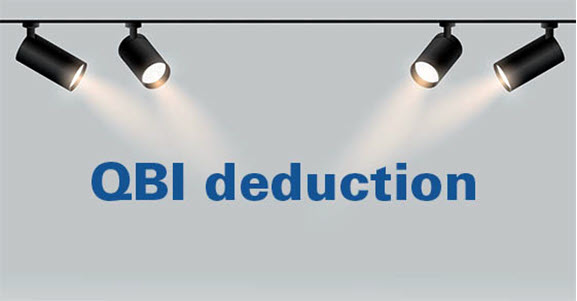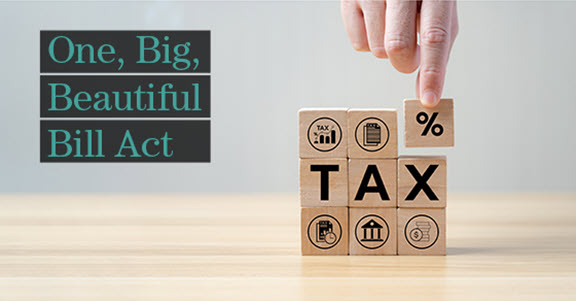If you own real estate that has appreciated over time and decide to sell it after holding it for more than a year, you might expect to pay the standard federal income tax rates of 15% or 20% on your long-term capital gains. This applies whether you own the property directly or through a pass-through entity like an LLC, partnership, or S corporation.
However, taxes on real estate gains can sometimes be more complex, particularly when depreciation is involved. Below is a breakdown of key federal income tax considerations that may impact the taxes on your real estate gains.
Taxes on Vacant Land
For sales of vacant land, the maximum federal long-term capital gain tax rate is currently 20%. This rate applies only to those with high incomes. For example, in 2024, the 20% rate kicks in for:
- Single filers with taxable income over $518,900,
- Married couples filing jointly with taxable income over $583,750, and
- Heads of household with taxable income over $551,350.
If your income is below these thresholds, your land sale gain will generally be taxed at a 15% rate. However, you may also owe the 3.8% net investment income tax (NIIT) on some or all of the gain, depending on your overall income.
Gains from Depreciation
When you sell real estate, a portion of your gain may be due to depreciation you previously claimed. This is known as “unrecaptured Section 1250 gain,” which is typically taxed at a flat 25% federal rate. However, if your taxable income would place you in a lower tax bracket, the gain may be taxed at that lower rate instead. Additionally, the 3.8% NIIT may also apply to this gain.
Gains from Depreciable Qualified Improvement Property
Qualified improvement property (QIP) refers to certain improvements made to the interior of nonresidential buildings, excluding expansions, elevators, escalators, or structural framework. You may have claimed first-year Section 179 deductions or bonus depreciation on QIP. If you sell QIP:
- Any gain up to the amount of Section 179 deductions claimed will be taxed as high-taxed Section 1245 ordinary income. This means it will be taxed at your regular income tax rate rather than the lower long-term capital gains rate.
- If you claimed bonus depreciation, any gain up to the amount of the bonus depreciation deduction over what would have been claimed under straight-line depreciation will also be taxed as high-taxed ordinary income.
In either scenario, the 3.8% NIIT may apply to some or all of the gain.
Strategic Tax Planning Tip
If you choose to use straight-line depreciation for your real property, including QIP, instead of claiming Section 179 or bonus depreciation, you can avoid Section 1245 and Section 1250 ordinary income recapture. In this case, your gain will be treated as unrecaptured Section 1250 gain, which is taxed at a maximum federal rate of 25%. However, the 3.8% NIIT may still apply.
As you can see, the tax implications of selling real estate can be more complicated than they might appear at first glance. Different tax rates may apply depending on the nature of the gain, and you may also face additional taxes like the 3.8% NIIT or state income taxes. To navigate these complexities and optimize your tax situation, reach out to us. We’re here to handle the details when it’s time to prepare your tax return and to answer any questions you may have.






